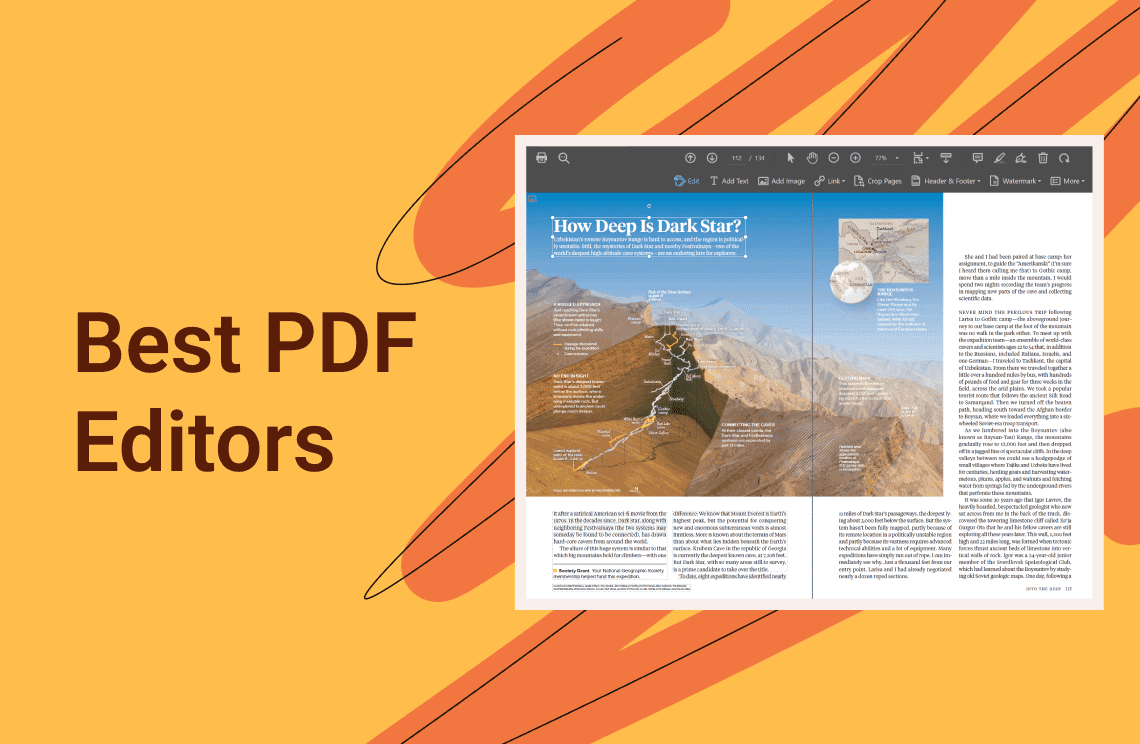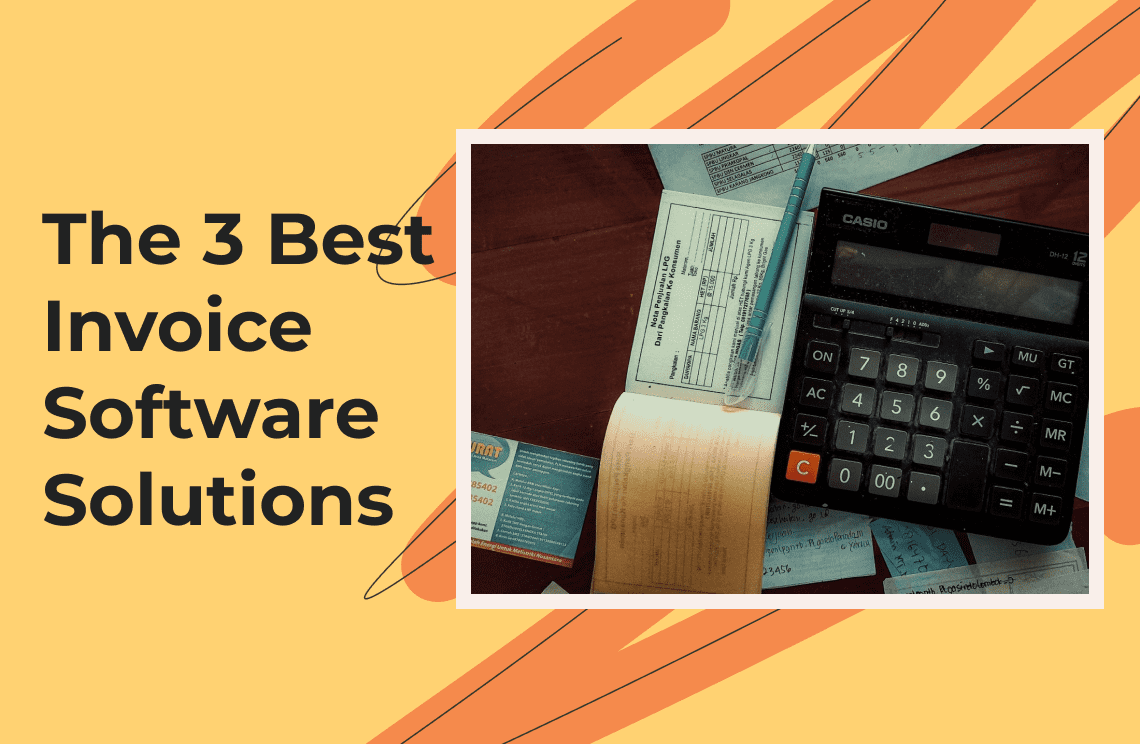One of the most tried and tested digital marketing strategies today is email marketing campaigns. In 2024, it continues to hold a significant post as a creative communication pathway between businesses and consumers. Whether for newsletters, surveys, promotions, and more, email is an indispensable tool for many industries.
In today’s saturated marketplace, the competition is stiffer than ever. Businesses must implement email marketing best practices to ensure that the right audience receives personalized messaging. Ultimately, the goal is to boost customer acquisition and foster brand loyalty among your clientele.
Email Marketing Best Practices
There are many digital marketing channels to explore, but keeping your email campaigns going is a no-brainer. It’s still one of the most effective strategies, with many marketers agreeing that it helps reach business goals.
However, not all email programs will work 100% of the time. That said, there are industry-proven email marketing best practices that you can use as a guide moving forward. These tactics help you craft campaigns that resonate with your brand and capture your audience’s attention.
1. Quality over quantity
Digital marketers used to believe that blasting emails was the best way to broaden their audience. However, it often overwhelmed the recipient, prompting them to unsubscribe. Nowadays, it’s better to create high-quality compelling emails and follow a resource journey or schedule. That way, you can gauge your campaign and enhance user experience.
2. Rewards and freebies
Your email recipients are brand ambassadors—they help gather organic traffic when timed right. As such, they deserve the utmost appreciation, which you can show by sending them rewards and freebies. For instance, you can attach a link to resources like a webinar, or discount coupons for their loyalty and engagement.
3. Personalize your emails
Impersonal emails just won’t cut it in 2024, and that’s why you need to consider user data when crafting messages. Take note of where they are in the buying journey and send emails that point them to the right path. Personalized messaging demonstrates that you are paying attention to your customer’s immediate needs and preferences.
4. Email automation
With the help of artificial intelligence (AI), you can leverage email marketing automation tools to simplify some tasks. AI can streamline your process from creation to sending and even reporting insights. It can free you from time-consuming tasks and provide real-time updates that allow you to improve your campaigns.
Comparing the Best Email Marketing Tools
| Best For | Lowest Price Plan | User Experience Required | Mobile App | |
Startups to enterprises, ideal for integration with HubSpot CRM | $20 | Yes | Yes | |
e-Commerce marketers, large businesses | $20 | Yes | Yes | |
Omnichannel marketers, | $0 | Yes | No | |
Small businesses to enterprises | S0 | No | Yes | |
Small businesses | $0 | No | Yes | |
Startups and small businesses | $15.58 | No | Yes |
6 Best Email Marketing Platforms
1. HubSpot
One of the most used platforms in the market, HubSpot boasts a premier offering especially designed for businesses. Its Marketing Hub gives access to email marketing tools that create and optimize the customer journey. Integrating it with the brand’s CRM is the one-stop solution companies need to boost their digital marketing strategies.
You can utilize HubSpot’s forms to collect and manage contacts. Add an unlimited number of users to divide up your contacts between your members. Also, you can send up to 2,000 free emails per month, a generous provision that you can use without obligation.
This platform leads the list of outstanding email marketing automation tools because of its usability. However, it may require some learning curve, which you can overcome using the resources offered by HubSpot.
Key Features: CRM integration, exceptional marketing automation, custom reporting, A/B testing
Starting Price: $15 per month
Monthly Emails: 5,000

2. Mailchimp
A popular option, Mailchimp is an email marketing solution that automates the customer journey based on custom triggers. It can help you create personalized campaigns that nurture your audience, complete with templates congruent with your brand image.
Mailchimp is one of the paid and free email marketing platforms that puts its core focus on emailing campaigns. However, it impeccably integrates with CRM and has a drag-and-drop editor to customize your content. It offers advanced email analytics via a dashboard that details click-through rates (CTR), open rates, and more.
Key Features: 130+ templates, inbox preview, advanced analytics, AI-powered suggestions
Starting Price: $13 per month
Monthly Emails: 150,000 (Premium plan)

3. Omnisend
Omnisend focuses on e-commerce marketing, granting an email marketing feature that fits small- to medium-sized companies. It offers multi-platform integration, including big names like Shopify, Wix, and Stripe.
Boasting email marketing automation tools, this platform helps you create workflows and segment audiences effectively. As a cloud-based platform, it offers omnichannel solutions that diversify your email marketing strategies. You can use this platform to push signups, popups, and push notifications that usher users toward your campaign funnel.
Key Features: Unlimited subscribers, segmentation and automation, beginner-friendly, high-quality templates
Starting Price: $16 per month
Monthly Emails: unlimited for Pro plan

4. Zoho Campaigns
Zoho’s broad suite of cloud-based software includes Zoho Campaigns, its prime offering for email marketing. It can help you automate customer communication and manage team emails. The platform has a wide array of templates and a simple drag-and-drop editor, making message creation a breeze.
The editor allows you to attach royalty-free images from sites like Unsplash directly to the newsletter. It also offers some of the most affordable plans among its peers. With Zoho’s CRM, HR, and other tools, this brand is your all-in-one business platform.
Key Features: unlimited emails, A/B testing, audience segmentation, dynamic content
Starting Price: free plan available
Monthly Emails: unlimited

5. Brevo
Formerly called Sendinblue, Brevo transformed from transactional emailing to a full-blown email marketing service. Aside from its robust email automation solution, it allows you to manage contact relationships. It also lets you create a bespoke, impactful journey for each client.
Brevo has a wide range of third-party integrations, with built-in CRM that streamlines your marketing processes. You can avail yourself of BrevoPlus if you want better security and top-notch support fit for VIPs.
Key Features: audience segmentation, template customization, marketing automation, basic reporting
Starting Price: Free plan available
Monthly Emails: 300 per day

6. GetResponse
The user-friendly GetResponse platform is straightforward yet meets your expectations regarding an email marketing provider. It has niche features including an efficient auto-responder that provides seamless communication for your brand. It integrates exceptionally well with certain e-commerce software and allows you to reach up to 500 subscribers for free.
Key Features: email chat and SMS marketing, auto-responder option, ease of use, e-commerce integration
Starting Price: Free plan available
Monthly Emails: unlimited

FAQs
Q: How can I get started with email marketing?
A: The first step to achieving email marketing success is choosing the right provider. The list above has some paid and free email marketing platforms that can help you build campaigns that work.
Q: Is a paid plan better than a free email marketing plan?
A: Many providers offer free plans for email marketing automation services, but they may have limited features. You can opt for paid options with more features to offer so long as they fit your budget.
Q: Does it work on mobile devices?
A: Email marketing today is generally mobile-friendly, which means you can use virtually any device. Make sure to choose a platform that boasts mobile responsiveness to streamline your workflow seamlessly.





